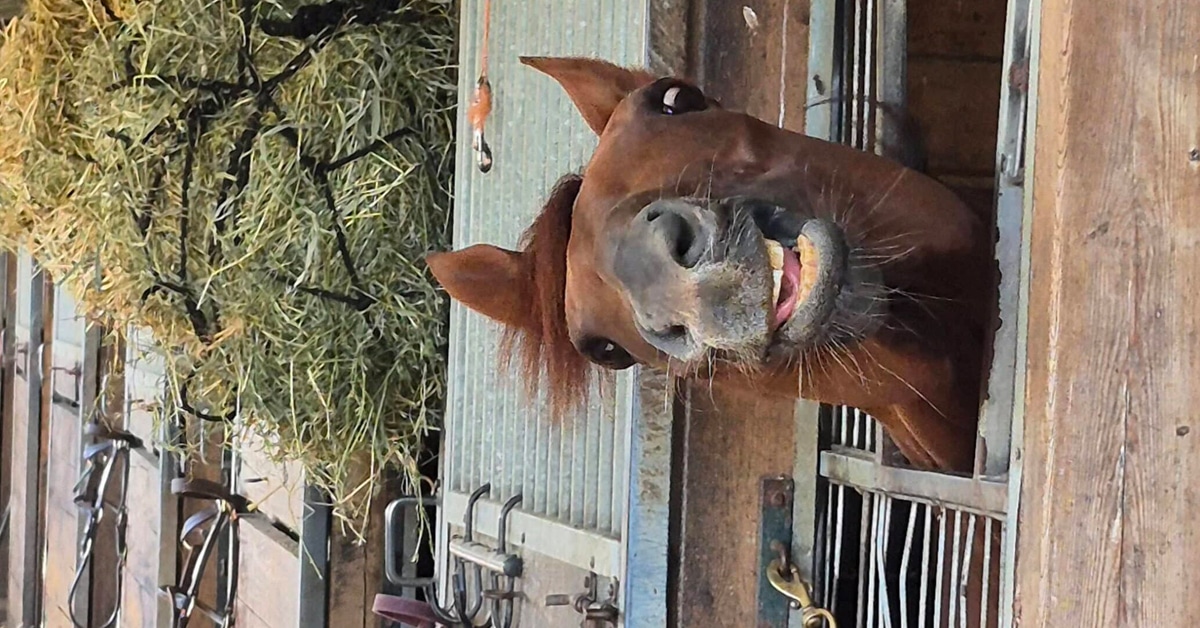Abortions in horses continues to be a very frustrating problem for breeders and veterinarians. So much time and effort is put into producing quality horses and it is heartbreaking when it does not work out; even more so when you don’t know why. “About 40% of abortions in horses that are submitted to the lab come back with no diagnosis, and an unknown cause; this means we are missing a significant number of potentially infectious and potentially preventable abortions in horses,” shares Dr. Tracey Chenier at the Ontario Veterinary College (OVC).
Dr. Chenier has been a researcher in equine reproduction at the OVC for almost 18 years, investigating equine infertility, reproductive efficiency, and embryo freezing. Her next project will investigate the exposure rate or the seroprevalence of a parasite, Neospora caninum, and its potential link to equine abortion.
Neospora caninum is the single most important cause of abortions in cattle in Ontario and has a significant impact across North America. Previous studies have looked at the seroprevalence of this parasite in Europe and the United States but no studies have been conducted in Canada. Recently, this parasite was found in an aborted equine fetus in Israel. This discovery sparked the interest of researchers in Israel who then reached out to Dr. Chenier to conduct a collaborative study. This amazing team of researchers includes Dr. David Pearl and Dr. Robert Foster from the OVC who have special expertise in disease surveillance and Neospora caninum in cattle, as well as Dr. Amir Steinman and his lab in Israel who are very familiar with the detection of this parasite.
This collaborative study will be the first of its kind in horses in Canada, and will be focusing on Ontario broodmares. Research begins this September taking place over the course of three years thanks to industry partners and OMAFRA. “It’s not possible without both industry funding and industry involvement,” says Dr. Chenier. The first step is to collect blood samples from broodmares on randomly selected breeding farms across Ontario. The owners will be involved in a comprehensive survey, so researchers can have a full understanding of the horses’ history, farm management practices, and risk factors like dogs and coyotes on or near the farm (known to increase risk levels in cattle). Next, the researchers will be looking at aborted fetuses for the presence of the Neospora caninum parasite.
This study will provide insight on the unknowns surrounding the seroprevalence of the Neospora caninum parasite in Ontario broodmares, risk factors for exposure, and if it plays a role in equine abortions. It’s important to address these unknowns in order to take precautions and work towards minimizing unknown diagnoses.
Planning on breeding your mare? Dr. Chenier has great tips and videos in Equine Guelph’s Mare & Foal Care Tool sponsored by PFERA to make sure you are prepared!
More News










